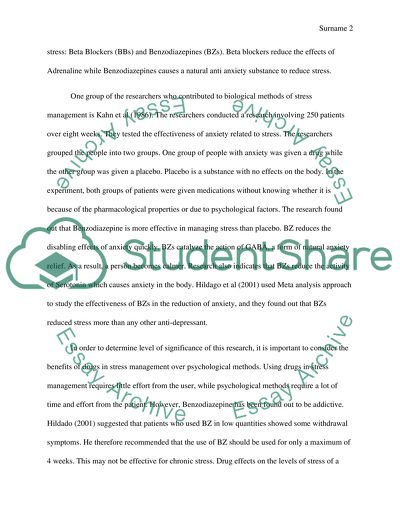Cite this document
(“Critically consider research in to biological and psyhological methods Coursework”, n.d.)
Retrieved from https://studentshare.org/psychology/1630036-critically-consider-research-in-to-biological-and-psyhological-methods-of-stress-management
Retrieved from https://studentshare.org/psychology/1630036-critically-consider-research-in-to-biological-and-psyhological-methods-of-stress-management
(Critically Consider Research in to Biological and Psyhological Methods Coursework)
https://studentshare.org/psychology/1630036-critically-consider-research-in-to-biological-and-psyhological-methods-of-stress-management.
https://studentshare.org/psychology/1630036-critically-consider-research-in-to-biological-and-psyhological-methods-of-stress-management.
“Critically Consider Research in to Biological and Psyhological Methods Coursework”, n.d. https://studentshare.org/psychology/1630036-critically-consider-research-in-to-biological-and-psyhological-methods-of-stress-management.


